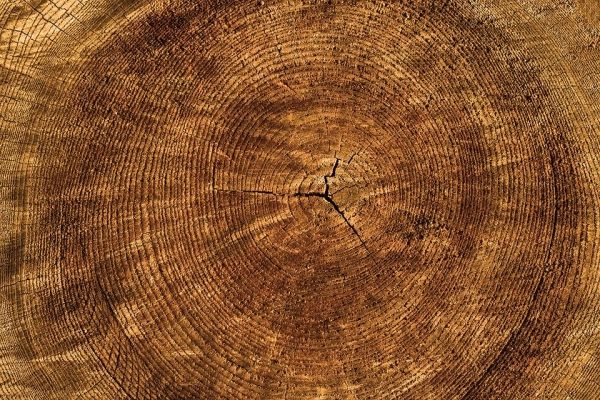Using old tree rings and archival documents, historians and climate scientists have detailed an extreme cold period in Scotland in the 1690s that caused immense suffering. It decimated agriculture, killed as much as 15 percent of the population and sparked a fatal attempt to establish a Scottish colony in southern Panama. The researchers say the episode—shown in their study to have been during the coldest decade of the past 750 years—was probably caused by faraway volcanic eruptions. But it was not just bad weather that brought disaster. Among other things, Scotland was politically isolated from England, its bigger, more prosperous neighbor that might have otherwise helped. Propelled in part by the catastrophe, the two nations merged in 1707 to become part of what is now the United Kingdom. Such a famine-related tragedy was never repeated, despite later climate swings.
With Brexit now threatening to isolate the UK from the European Union, the researchers think politicians should take this as a cautionary tale. “By joining England, Scotland became more resilient,” said lead author Rosanne D’Arrigo, a tree-ring scientist at Columbia University’s Lamont-Doherty Earth Observatory. “The bigger message for today is arguably that as the climate changes, nations will be stronger if they stick together and not try to go it alone.” The study appears in the early online edition of the Journal of Volcanology and Geothermal Research.
The “Scottish Ills” have long been noted in history books. In some years, snow from the winter persisted on the ground well into summer, and frosts struck every summer night for weeks. The planting season was cut short, and crops were struck down before they could be harvested. Livestock had nothing to eat. The study quotes Mary Caithness, Countess of Breadalbane, describing “cold misty weather such as the oldest person alive hath not seen.” Other regions including France, England and the Netherlands also suffered unusually cold weather, but generally with less drastic results. In Scandinavia, however, tens of thousands died. It was “likely the worst era of crop failure, food shortage and mortality ever documented in Scottish history,” the researchers write.
Read more at Earth Institute at Columbia University
Photo Credit: Lars_Nissen_Photoart via Pixabay


